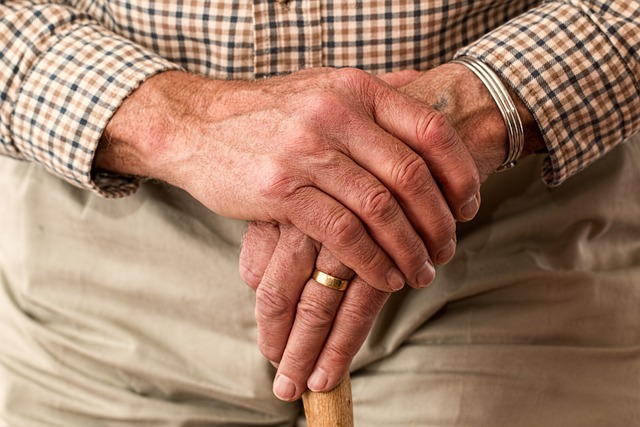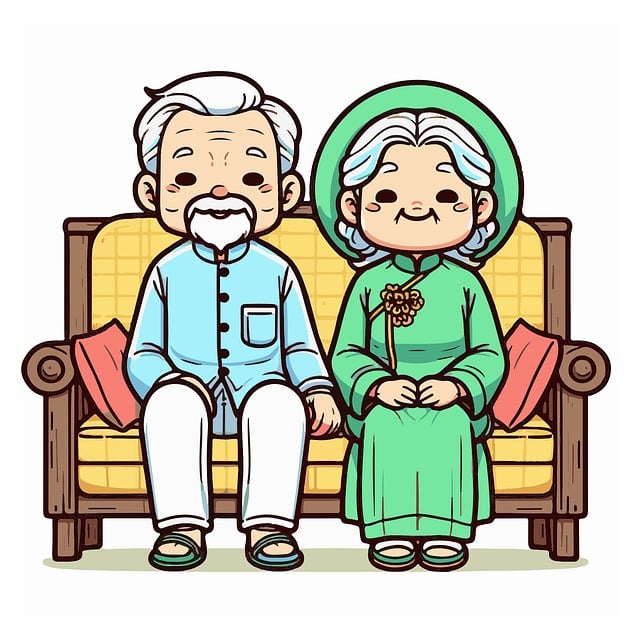Elderly companion services are integral for enhancing the lives of seniors and offering respite to their families. These services provide a combination of companionship, practical daily task assistance, and emotional support, contributing significantly to maintaining the quality of life for older adults. They alleviate caregiver strain by offering tailored support that addresses both the physical and emotional well-being of elderly clients, ensuring they are safe and engaged. Families can continue with their personal and professional responsibilities, knowing their loved ones receive consistent, reliable care. These services are designed to allow seniors to age in place with dignity and combat issues like loneliness and isolation, which are detrimental to mental health. Elderly companion services are a critical component of a comprehensive care system, harmonizing social engagement with practical assistance to foster holistic care. They play a pivotal role in alleviating the burdens on families, promoting open communication for personalized care, and encouraging intergenerational connections, all while minimizing disruption to family life. This ensures that the elderly receive respectful and comfortable care, allowing families to focus on their well-being and spend quality time together, supported by professional companionship services.
navitating the complexities of aging care can be a challenging journey for many families. As our loved ones grow older, the need for supportive companionship and care often becomes paramount. This article delves into the transformative role of Elderly Companion Services as a beacon of relief for families grappling with this transition. We explore how these services not only enhance the quality of life for seniors but also offer respite to overworked caregivers. From understanding the nuanced benefits to practical tips on integrating companion services into family routines, this comprehensive guide aims to shed light on maximizing caregiving support.
- Elderly Companion Services: A Lifeline for Families Navigating Aging Care
- Understanding the Role and Benefits of Elderly Companion Services in Family Support
- Maximizing Caregiving Relief: Tips for Integrating Elderly Companion Services into Family Routines
Elderly Companion Services: A Lifeline for Families Navigating Aging Care

Elderly companion services represent a critical resource for families facing the challenges associated with aging care. These services offer a supportive presence that can alleviate the stress and responsibilities often shouldered by family caregivers. With professional caregivers providing companionship, assistance with daily activities, and emotional support, these services ensure that elderly individuals receive the attention and care they need to maintain their quality of life. This allows families to navigate their loved ones’ aging process with greater peace of mind, knowing that their parents or relatives are not only safe but also engaged in meaningful social interactions and routine care. The personalized attention from companion services can make a significant difference in managing the complexities of elderly care, offering a holistic approach that addresses both the practical and emotional aspects of aging. By supporting the elderly with dignity and respect, these services enable families to continue balancing their own personal and professional responsibilities without compromising on the care their seniors receive.
Understanding the Role and Benefits of Elderly Companion Services in Family Support

Elderly companion services play a pivotal role in providing support to aging individuals and their families, offering a range of benefits that extend beyond mere companionship. These services are designed to address the complex needs of seniors, from assistance with daily activities to emotional support, thereby easing the burden on family caregivers. By engaging elderly companion service providers, seniors maintain a higher quality of life as they age in place, with the comfort and consistency of someone who can check in regularly, help manage medications, and assist with light household tasks. This not only enhances the well-being of the elderly but also provides peace of mind for families, knowing that their loved ones are not alone and have access to immediate assistance when needed. The presence of a companion can also alleviate feelings of isolation or loneliness, which are common among older adults, fostering a sense of connection and community that is essential for mental health. In essence, elderly companion services offer a holistic approach to care, integrating social interaction with practical support, thereby becoming an integral part of the family support system.
Maximizing Caregiving Relief: Tips for Integrating Elderly Companion Services into Family Routines

Integrating elderly companion services into family routines can provide significant caregiving relief for families managing the needs of aging loved ones. One effective strategy is to establish a consistent schedule that aligns with the daily activities of both the elder and the rest of the family. This ensures that the companions are present during the times when their support is most needed, such as in the mornings for medication management or in the evenings for end-of-day care and companionship. It’s also beneficial to communicate openly with the companion service providers about the elder’s preferences, routines, and any specific care requirements they have. This collaboration allows for a seamless transition between family members and companion service workers, creating a supportive environment that respects the privacy and comfort of the elderly individual. Furthermore, involving children and other younger family members in the caregiving process can foster intergenerational bonds and normalize the role of companion services within the household, making the integration more fluid and less disruptive to established family patterns. By leveraging the expertise of these services, families can enjoy peace of mind, knowing that their loved ones are well-cared for while also preserving valuable time for family interactions and self-care.
Families navigating the complexities of aging care can find profound relief through the integration of Elderly Companion Services. These services not only offer practical support but also provide a meaningful connection for seniors, ensuring their daily needs are met with dignity and companionship. By understanding the role and benefits of these services, families can maximize the support available to them, creating a harmonious balance between caregiving responsibilities and personal life commitments. Incorporating Elderly Companion Services into family routines is not just a practical solution but an investment in the well-being of both the elderly loved ones and their caregivers. With this knowledge at hand, families are better equipped to face the challenges of aging with confidence and compassion.
